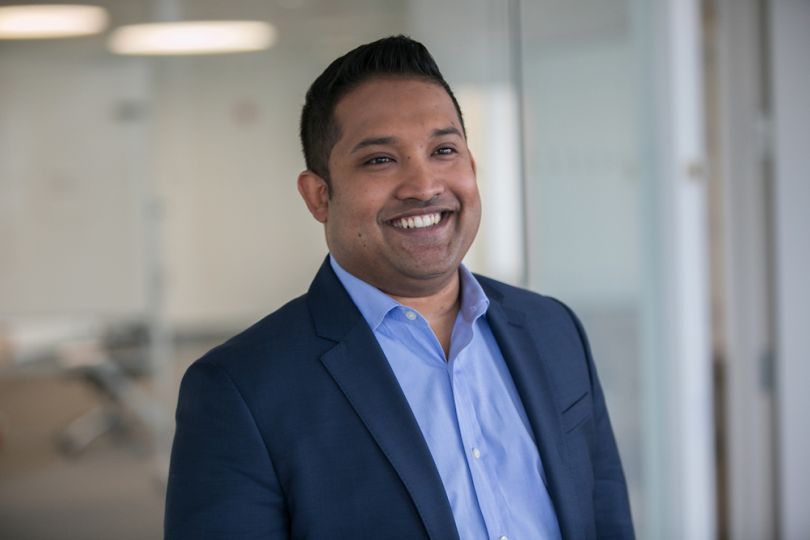With the novel coronavirus pandemic moving jobs, school, and other activities home, many children are suddenly missing an important support to their learning experience: therapy. Syed Mohammed has a solution for many.
Children with problems like ADHD will struggle more to work from home than ever, and may lack access to the support they had at school. Mohammed’s company Enable My Child offers teletherapy and prescription management to help with these issues. Currently, the company is partnering with schools all over the country to provide their services for free during this time.
Syed Mohammed Draws on Childhood
As a pediatric psychological services center, Enable My Child aims to work with children and their families. They focus on providing specialized and affordable care, improving access to therapy, and reducing waiting times for treatment and test results for their patients.
Enable My Child uses specialized technology for their teletherapy – not just ordinary teleconferences. Rather, they use tools specialized to the needs of a mental health provider, including features such as “automating administrative tasks and billing, and managing smart filing for therapy documents, automatic compliance and automation when a therapist takes case notes.”
Mohammed founded Enable My Child as a response to his own experience as a child with undiagnosed ADHD, among other conditions. “As an adult, he knew that early intervention is key to setting up a child for success and was moved by a sense of responsibility to create change,” says the clinic’s website.
Syed Mohammad Grows to Meet New Demands
“I started Enable My Child because I wanted to make sure that all children get the help they need,” announces Syed Mohammed on his LinkedIn. “As more and more schools close due to COVID-19, we had to come up with a way for kids to keep getting therapy, so we are letting schools use our teletherapy platform for free.”
As of March 20th, Enable My Child had talked with more than 1000 schools regarding their services.
Due to the No Child Left Behind Act, K-12 schools handle a number of responsibilities outside of simple education. Particularly, a lot of the responsibility for pediatric therapy services falls on schools. Given that approximately 1 in 6 children in the US suffers from a developmental delay or disorder according to the CDC, these services are often crucial as children age and are more likely to develop other, often more severe, issues.
Socioeconomic status and age impact mental health as well, and access to mental health services can be limited for the children who need it most. As a result, Enable My Child’s partnership to provide free teletherapy services to children who may not be getting the help they need outside of school fills a huge gap.
Recommendations for Quarantined Children and Families
At least 124,000 US schools have closed due to the current pandemic. This impacts at least 55.1 million students. These closings vary from temporary to until the end of the school year. Given the unusual and uncertain circumstances of these closings, Syed Mohammed shared this article by Dr. Shelli Dry on how to discuss the COVID-19 epidemic with your child and address their fears effectively. Child Trends have also compiled a list of resources and suggestions for parents whose children are home from school and may be distressed. Khan Academy’s Sal Khan has also put forward suggestions and help for parents and children struggling to learn from home.
During the pandemic, the CDC and WHO recommend a number of measures. The CDC has published a list of suggestions for daily life during this time, including coping and childcare measures. As children stay home, parents should maintain social distancing measures and encourage frequent hand-washing.
For more details about Enable My Child’s services, visit their official webpage here.



